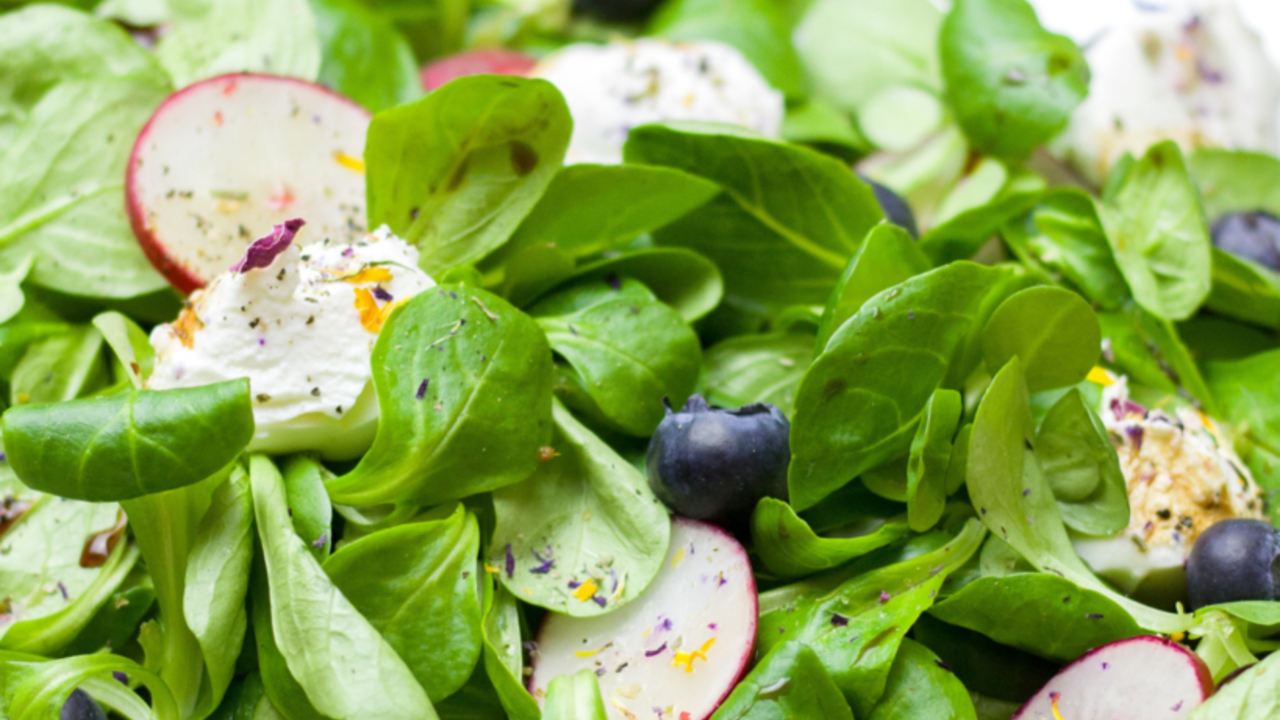Neuroprotective Foods and the Effect of Food on Anxiety
Oct 28, 2020
Food can reduce anxiety, and certain foods do cause anxiety. If we look at the nutritional composition of any food, we can know if it is anxiolytic (reduces anxiety), neutral, or anxiogenic (causes anxiety).
Consider the common diet shown here. It would likely lead you to develop anxiety and depression, along with other health issues—even though it may seem healthy on the surface because it has a few veggies and protein in it.
- Breakfast: A fruit smoothie containing fruit, fruit juice, and water. (A healthy smoothie is great, but if there are no vegetables in it, it’s just pure sugar!)
- Morning snack: A bagel slathered with margarine. (Bagels have sugar, wheat, and possibly other additives. Margarine is full of trans fats—not ideal.)
- Lunch: A bowl of pasta or white rice with vegetables. (The vegetables are good, but white, refined pasta is not as good for you as pasta with more fiber and protein, like beans. White rice is not as good for you as brown rice, which has more fiber.)
- Afternoon snack: A granola bar or cookies or gummy candies made with sugar or high-fructose corn syrup.
- After-school meal: A bowl of white pasta; it may include meat.
- Dinner: A plate of white rice or spaghetti; it may include meat.
- Evening snack: Cookies or toast. (By now, blood sugar and insulin levels have spiked and fallen several times today.)
- Beverages throughout the day: Two liters of water, a cup of juice, a cup of lactose-free dairy milk, energy drinks and a two cups of coffee
Let’s look at nutritional strategies for easing anxiety using food as medicine. We can address how we can take care of our nervous, immune, endocrine, and digestive systems. In this blog, you will learn about the foods and supplements that have been scientifically evaluated for their anxiety-reducing potential, especially neuroprotective foods.
Neuroprotective foods are so named because they protect our nerve cells against damage. Eating them promotes the body’s own natural processes of recovery and regeneration of elements of the nervous system. Among other things, these foods help to nourish the brain so it can do its job of maintaining and regulating the balance in every system of your body.

Neurologists coined the phrase neuroprotective therapy to describe treatments for serious ailments of the brain that result from damage to neurons or problems with neurotransmission—either too much or too little excitement. Common neuroprotective treatments are glutamate antagonists—which limit excitation of the neurons—and antioxidants, which help us avoid free radical damage (oxidative stress). Polyphenols, micronutrients that we get through certain plant-based foods, are recognized as offering neuroprotection.1
I believe we should fully embrace this concept as a strategy for managing anxiety. Every time we eat, we can ask ourselves, Am I getting neuroprotection from this food?
Wow, that question is powerful! It helps us to remember how much is under our control. I love visualizing that my food is either protecting my brain or challenging my brain. It helps me make excellent, self-supporting decisions before every meal.
When we eat in a neuroprotective way, we are supporting the chemical messengers in the brain that transmit signals from cell to cell (the neurotransmitters) and also activate the glands in the endocrine system to release various hormones that regulate our physiological functions. There are more than 40 neurotransmitters in the human nervous system; some of the most important for regulating emotions are serotonin, dopamine, adrenaline), and GABA.
An abnormal level of any neurotransmitter can lead to a mental disorder, like anxiety or depression. If we run out of a given neurotransmitter, the balance of our brain chemistry can be thrown off as the body tries to compensate.
Nutrients are the building blocks the brain and gut use to build neurotransmitters. When we eat, the nutrients we consume have an effect on the levels of our various neurotransmitters; food can trigger a neurotransmitter release. If our neurotransmitters are operating properly, they create a healthy nervous system that has natural checks and balances built into it in the form of inhibitory (calming) and excitatory (stimulating) chemical messengers.
The recipes and foods in this blog are designed to help you heal your body and restore your emotional equilibrium. Eating this way will provide you with a diet that is antioxidant-rich and anti-inflammatory. By nourishing your body properly, you will be reducing oxidative stress and fostering a sense of calm. You will also be taking really good care of your brain by providing it with the omega-3 fatty acids and amino acids it needs to function optimally.
Read more about this in my new book Anxiety-Free with Food.
Resources:
- R.F.M. Silva and L. Pogačnik, “Food, Polyphenols and Neuroprotection,” Neural Regeneration Research, vol. 12, no. 4 (April 2017), pp. 582–3, doi: 10.4103/1673-5374.205096.


